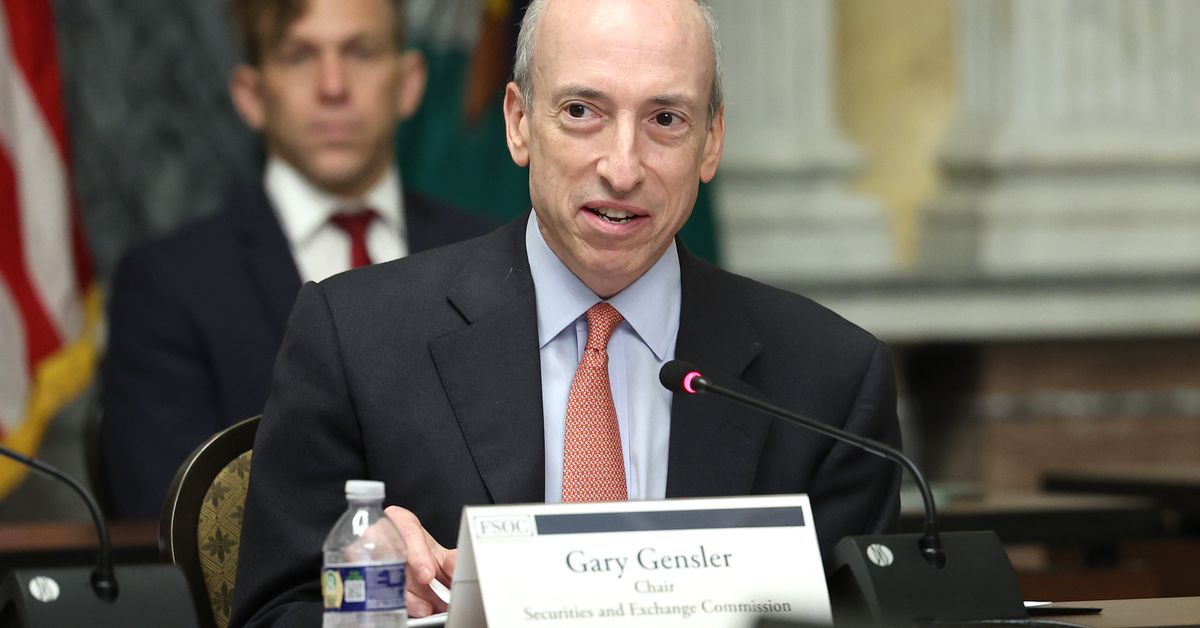The U.S. Environmental Investors’ Rights aren’t Enough: The SEC is Ready and Waiting for the Next Decade
Wall Street’s top regulator has said climate change can pose serious financial risks to companies. And because many corporations already report some climate information voluntarily, the SEC says it has a responsibility to ensure the data that businesses provide is consistent and comparable.
More broadly, Republicans have led a charge against ESG investing, or investing that takes environmental, social, and governance factors into account. If the election this year pans out, Donald Trump may come back to power and so the fate of more than 125 environmental regulations may be dependent on that.
The new rules are weaker than what the SEC initially proposed in March 2022, which would have included a fuller picture of a company’s carbon footprint. It wanted each company to share pollution from their operations as well as emissions that come from their supply chain and uses of their products. Under the rules finalized today, companies won’t have to measure and disclose pollution from their supply chain and products — even though those emissions are often the biggest chunk of a company’s carbon footprint.
“This tracking [of Scope 3 emissions] will be extremely expensive, invasive, and burdensome for farmers and ranchers,” agricultural groups including soybean, corn, beef, and pork producers wrote in their comments to the SEC.
“From the SEC’s perspective, [the rule] will ensure more consistent information for investors, and that is good for the capital markets … When investors realize that climate risk is financial risk, and you can’t manage it if you first can’t measure it, they have been asking for it.
“Our federal securities laws lay out a basic bargain: Investors get to decide which risks they want to take so long as companies raising money from the public make what President Franklin Roosevelt called ‘complete and truthful disclosure,’” Gary Gensler, chair of the SEC, said on Wednesday. The SEC has a crucial role in overseeing disclosures at the core of that basic bargain.
“Whether climate disclosure at a global level will ever have the greenhouse gas emissions reduction effect we need, and whether it will have that effect fast enough, I think is still an open question,” says Cynthia Williams, a law professor at Indiana University Maurer School of Law. “If this disclosure regime is put in place, companies will take climate governance more seriously.”
Williams of Indiana University says investors will be able to see which companies are future-proofed. “The SEC is regulating to meet investor demand. institutional investors have been asking for this information for a long time.
Hester Peirce is an SEC commissioner appointed by Donald Trump and she warned that the new disclosure rules are not good for investors.
Does the Standard Exempt Chemical Content of a Consumer’s Computer, or a Business’s Environment, Contribute to the Carbon Footprint of Corporate America
Proponents hoped that the rules would go as far as they could. Environmentalists and some investor groups wanted regulators to also force companies to say how much climate pollution comes from things like their supply chains, investments and customers using their products. For a lot of businesses, those so-called Scope 3 emissions account for most of their total carbon footprint.
The Clean Air Task Force, an environmental group, says the SEC rule is a step in the right direction. “Now, when you go out to buy a house, you only get the disclosures that the seller wants to share with you, or that they don’t think are relevant to you.”
Gensler said it is important for the U.S. to have its own standards “based on U.S. law, based on the economics of our markets, based upon what investors here are using to make investment decisions.”
